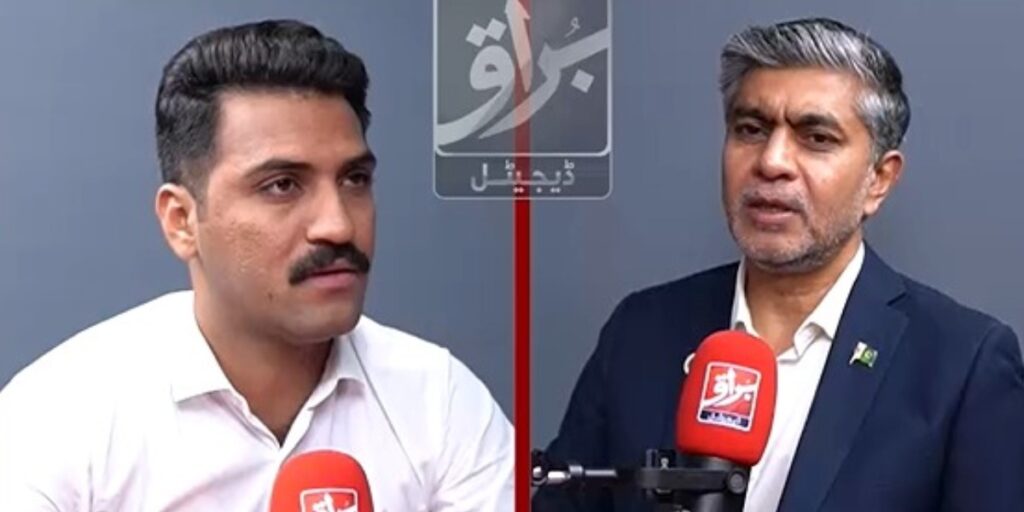Islamabad – Analyst Naeem Karim stated during a podcast by Buraq Digital that, for the first time in a long while, all political parties and the military leadership in Pakistan have united for the sake of national security and development.
He emphasized that when Pakistan’s internal stability and sovereignty were challenged, major political forces like the PPP, PML-N, JUI, ANP, and others stood together.
Even PTI was repeatedly invited to be part of this national consensus.
He highlighted that Pakistan’s recent diplomatic visits to the U.S. and Europe were highly successful, where the country presented its case clearly to the world.
Karim said that the wars in the region were initiated to divert attention from critical issues such as Kashmir and water disputes.
He also mentioned that while the world media shows images of damaged Israeli buildings, the massive loss of life in Iran—where many were martyred—goes underreported.
According to him, imperialist global powers want to keep the region, including Pakistan, in a constant state of conflict.
However, Pakistan conveyed a strong message of peace, along with a warning that if its sovereignty is threatened, it will respond decisively.
Referring to a recent visit by a Field Marshal to the U.S., Karim noted the controversy over a non-political figure making such a trip.
But, interestingly, the very next day, the U.S. Secretary of State called the Prime Minister, showing that there is strong coordination and mutual understanding between Pakistan’s civil and military leadership.
Karim also pointed out the symbolic significance of Pakistan’s founding in the holy month of Ramadan.
He added that Pakistan’s growing importance is evident as global superpowers are extending invitations and recognizing its role on the world stage.
He went on to say that while budget announcements in other provinces triggered protests, people in Balochistan celebrated by distributing sweets—something he considers a very positive sign.
He urged that even if the budget is limited, effective use and sincere intentions can lead to successful development projects.
He stressed the need to complete the Karachi-Khuzdar highway and all CPEC-related projects.
Including common people in the development process is crucial. For example, if a factory within 100 kilometers of someone’s home offers employment, that person won’t feel the need to resort to border smuggling or illegal activities.
ALSO READ: CPEC, Balochistan, and the myth of separatism: A perspective from the ground
He acknowledged the region’s backwardness but expressed confidence that things are improving under Sarfraz Bugti’s leadership.





